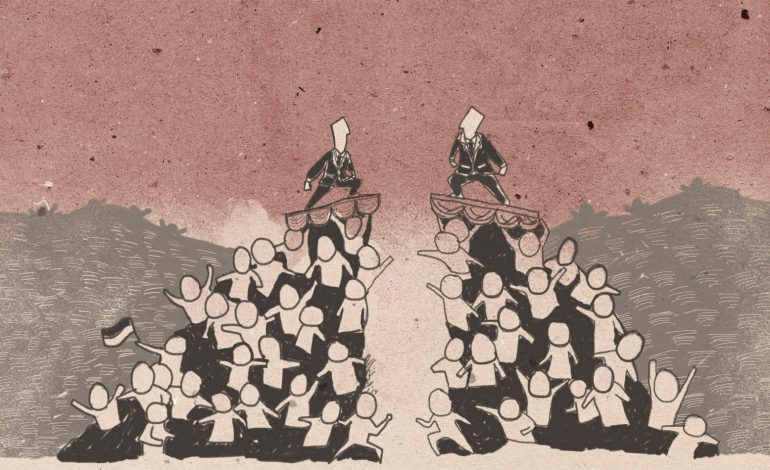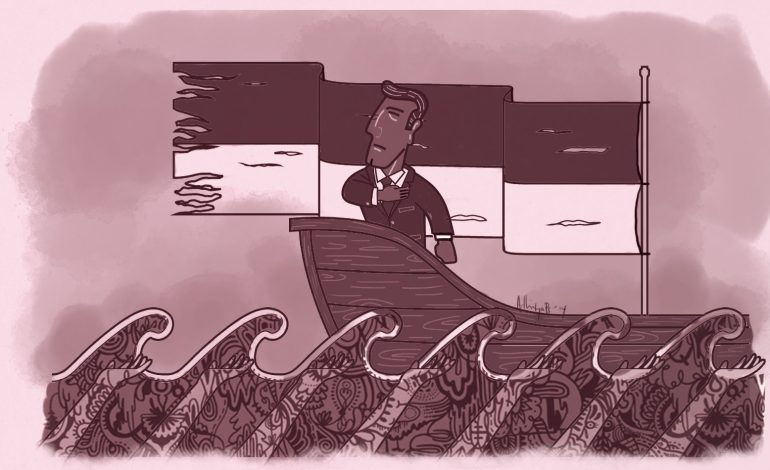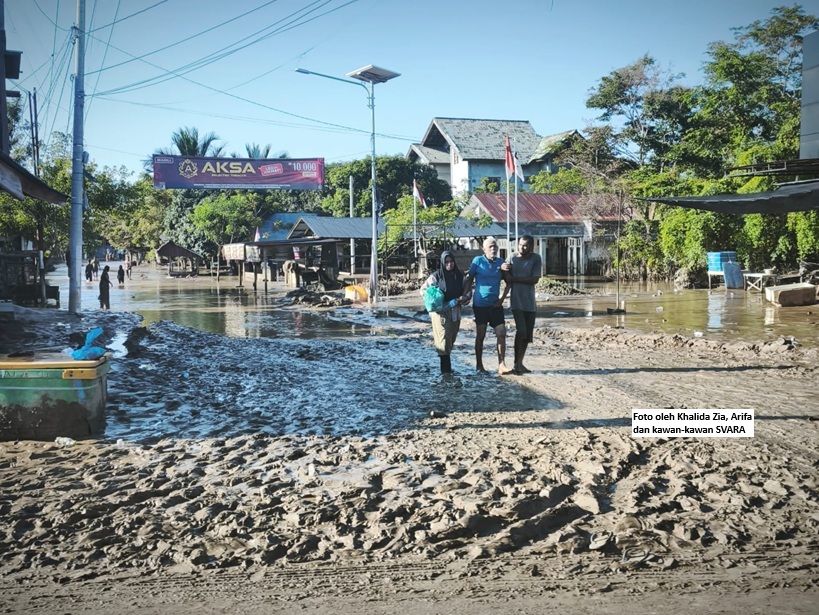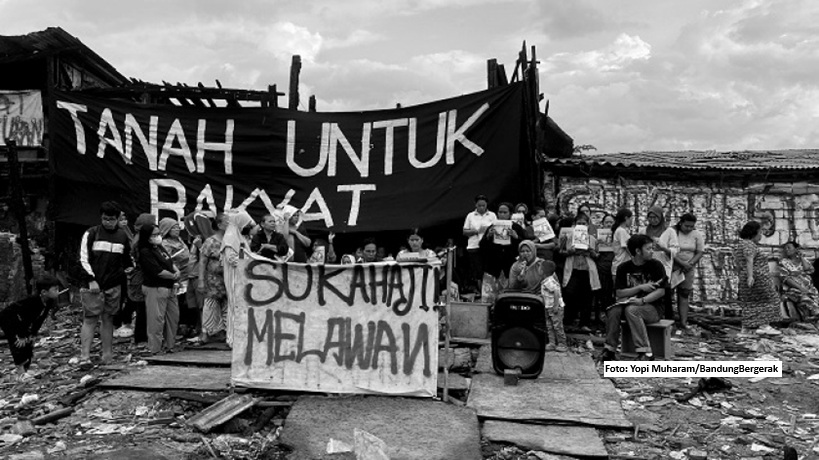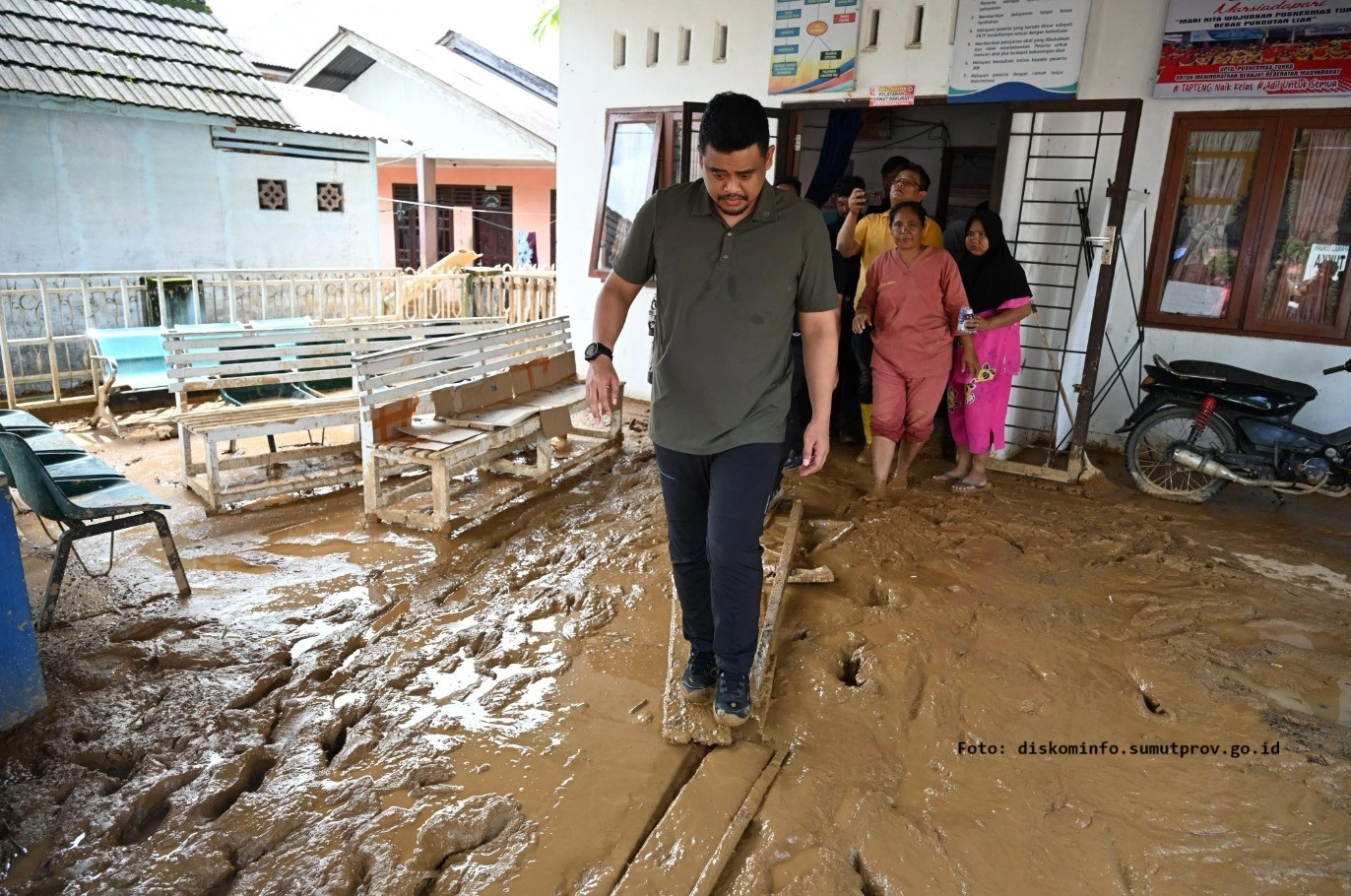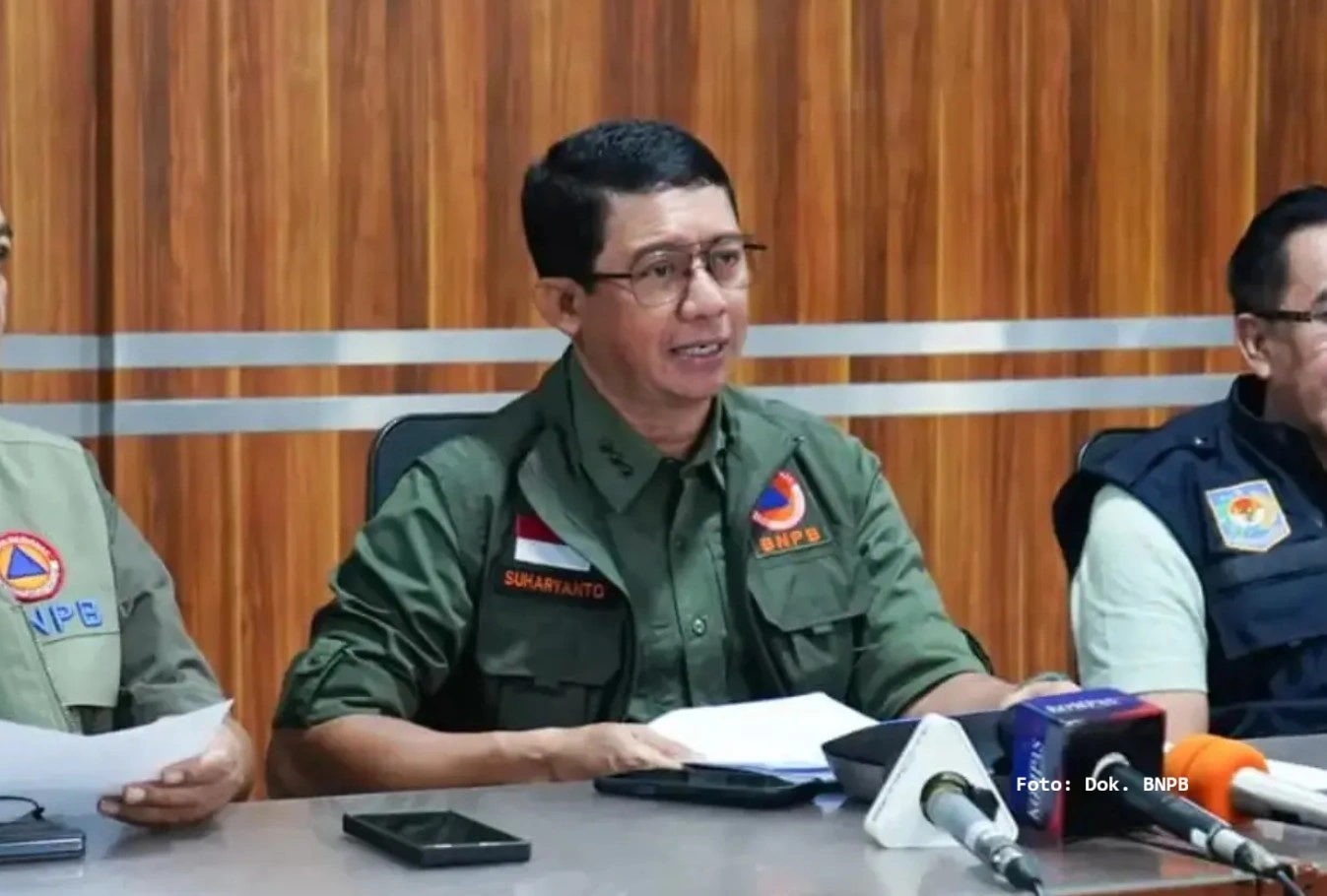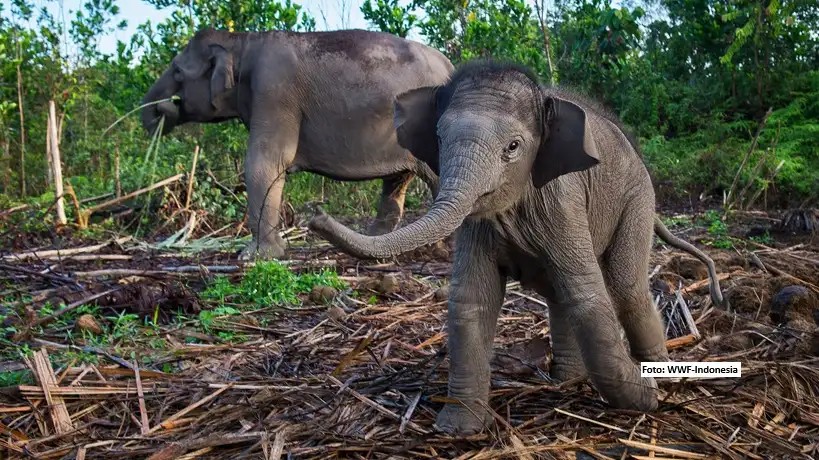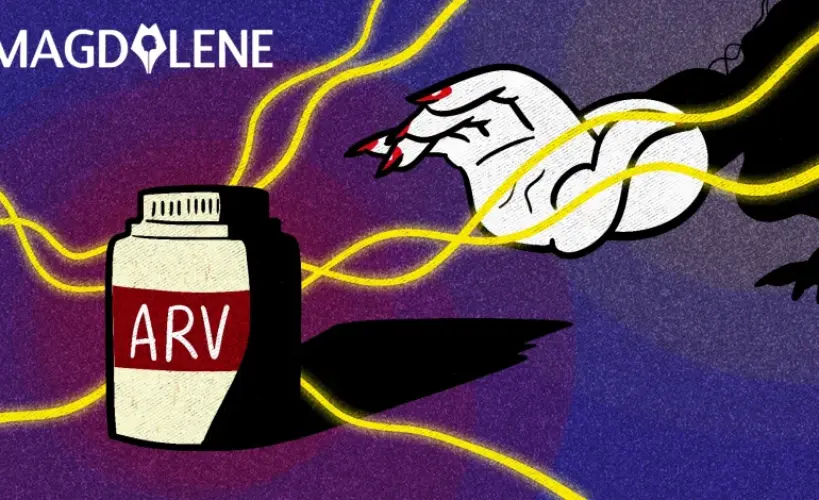What About Those Energy Subsidies, Dear Candidates?

The question on energy subsidies did not come up on the presidential candidates’ debate on Indonesia’s economy on June 15. Considering how this spending allocation is a lead factor that continuously throws the state budget through the wringer, this was a missed opportunity.
Prabowo Subianto and Joko Widodo, or Jokowi, must have been glad to dodge the bullet. The next chance to ask this question would only be on the last debate on 5 July, when energy is timidly tucked in between food and the environment as the topic.
I understand how they feel. When I was small, my mom would make us drink this horrible, but healthy, fish oil. We hated the lingering slimy taste it left, and we would make all kinds of rackets to postpone the dreaded event, hoping she would forget.
As the campaign goes on full blast and the gap of electability narrows, the presidential candidates have progressively shied away from the issue of energy subsidies.
Up to the end of last year, Prabowo had supported the removal of fuel subsidies. He switched to promoting “cheap fuel” on his party’s TV ad in January, and proposes to cut fuel subsidies “especially for the rich through tax and excise duty” in the vision and mission document submitted to the elections committee in May.

Does he mean taxing the not poor, i.e. including the middle class, which make 56.7 percent of the population according to the latest government data, or only people with big SUVs (or perhaps horses), who probably do not even buy subsidised fuels? Where does he draw the line to make this new tax effective in collecting funds, while not angering the regular voters?
The thing is, Prabowo and vice president candidate Hatta Rajasa need the pot of gold to fund their dreams. The pair wants to boost infrastructure spending to Rp 1,400 trillion (US$117 billion) during their five-year tenure while reducing state deficit to 1 percent of the GDP from 2017 onwards. Indonesia’s latest budget revision targets a deficit of 2.4 percent this year, with energy subsidies at Rp 350 trillion.
Jokowi has similarly taken a step back on fuel subsidies, from planning to remove all of it in four years to reassuringojek (motorcycle taxi) drivers that it would still be in place for low-income Indonesians. The latter sounds more reasonable.
About half of subsidised fuels last year was consumed by private cars and removing subsidies for them – an idea that was supported by Jokowi last year – means a better-targeted policy.
The 42-page statement that Jokowi and running pair Jusuf Kalla submitted includes a proposal to convert gasoline and diesel use to gas for 30 percent of vehicles, which may cut subsidies by Rp 60 trillion. This proposed measure would follow a program to convert the use of heavily subsidised kerosene to cheaper LPG that Kalla spearheaded when he was vice president in 2006.
However, the planned conversion for vehicles would not work if the subsidised fuels were still too cheap, as pointed out by a tweet from market analyst Poltak Hotradero in June.
The candidates can thank the current administration of President Susilo Bambang Yudhoyono for this hot potato. Raising fuel prices is an overdue homework that “Mr. Popular”, who had Hatta as his coordinating minister for the economy, should have pushed to attain a healthier budget, but instead left behind as a bitter pill for the next president to swallow.
The Rp 245 trillion of fuel subsidies allocated in the latest revised budget could have built 20 MRT systems like the one planned for Jakarta or more than 11,000 blocks of low-cost apartments, as recalculated from examples given by Hotradero.
Even a partial removal of fuel subsidies could translate into much better public services. It is a difficult step, but it is the prudent, grown-up thing to do.
The Geothermal Dream
In electricity, both presidential candidates aim to reach 100 percent of electrification by 2019. To do this, Prabowo-Hatta plans to build 10,000 megawatts of geothermal and hydro power plants. This is curious, to say the least.
The main places without electricity in Indonesia are the remote areas outside Java, where demand would be limited to the level of kilowatts or a few megawatts at most and excess electricity could not be transmitted elsewhere due to the lack of power grid. This is one of the main reasons why many villages use diesel generators – the fuel is easy to transport and the capacity can be limited to meet the need of any number of households.
Geothermal power plants are much limited by their locations and the availability of network to take the generated electricity. The smallest geothermal unit in Indonesia, in Sibayak, North Sumatra, produces 12 megawatts of electricity.
Despite the incredible potential of close to 30,000 megawatts, geothermal plants in Indonesia only produce about 1,341 megawatts. Only a handful of companies operate geothermal plants, including PT PLN, PT Pertamina, PT Chevron Geothermal Energy and a couple of others – there must be a reason for the lack of players in the sector.
Jokowi-Kalla also mentioned the development of geothermal, hydropower, biofuels and biomass as renewable energy sources. To increase power generation, however, they propose to rely on coal and gas, which sounds more realistic, even if it is not environmentally friendly. The pair did not mention a target for the increased power generation.
By the way, neither of the candidates mentions the development of solar as a priority alternative energy source. Anyone who has experienced the 12 suns of Jakarta, and, indeed, throughout the archipelago that stretches across the equator these days, would know that this is a hugely missed opportunity.
Eventually we can only hope that whoever gets elected will step up his energy policies: making realistic programs and daring to take the necessary decisions, along with the bad taste that would be left behind for a while, like the grown-ups that they are.
About Leony Aurora
Leony works in communications, particularly those related to Mother Nature and how we live and grow. A former journalist, she thrives on personal stories and questions, in the hope that her quest will eventually lead to some answers. Writing keeps her sane although, paradoxically, it also induces bouts of insanity. Follow @leonyaurora on Twitter.
Read the Indonesian version of this article here.

